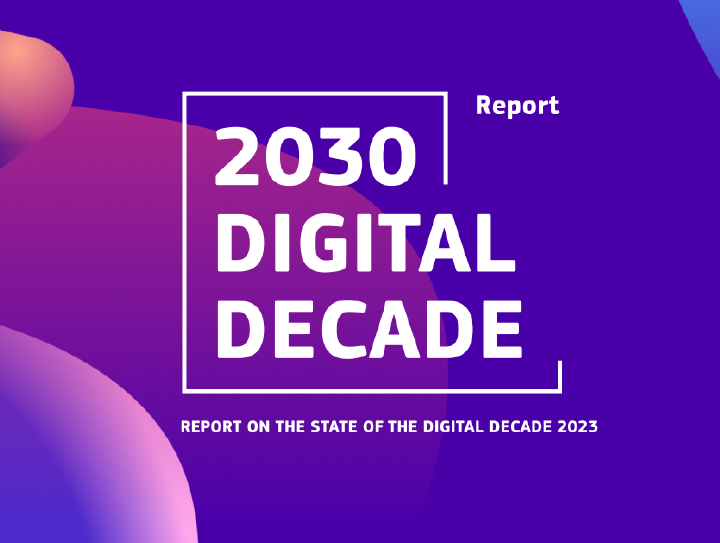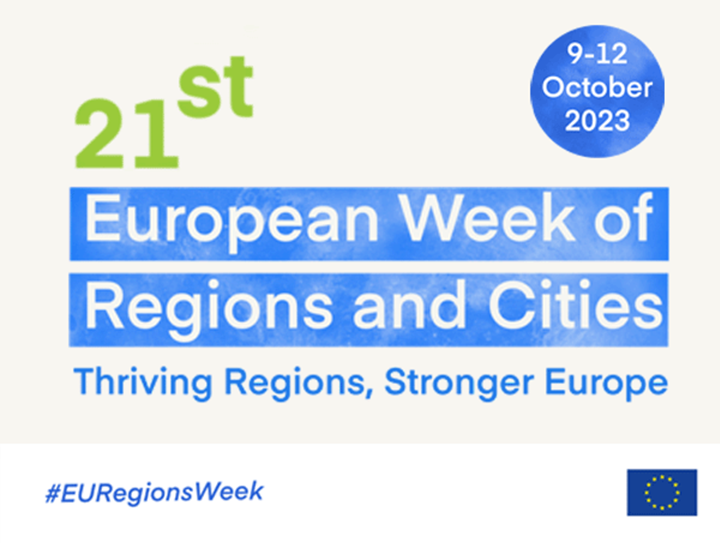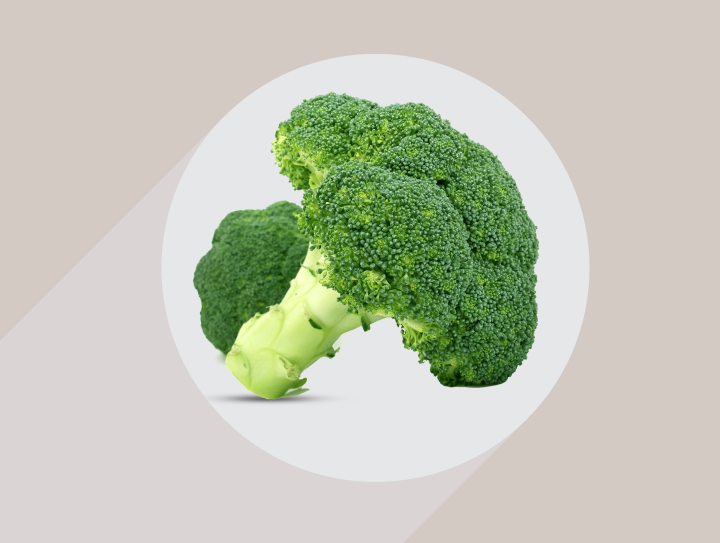594 tulosta löytyi
Skip results of view Uutiset

On Thursday 19 October, data.europa.eu hosted its very first workshop on ‘How to use open data for your research’ with the participation of more than 200 attendees. This successful workshop was designed for students, academics, or anyone else interested. The goal of the workshop was to showcase the relevance and importance of open data for academic purposes. The data.europa.eu team initiated the workshop, introducing the data.europa.eu portal, its purpose and its services. Following this, the team demonstrated how one can efficiently search and filter for specific open datasets. During the

On 27 September, the European Commission published the first report on the state of the Digital D ecade . This report assesses the E uropean Union’ s progress towards a successful digital transformation for its people and describes how the European Union is advancing towards the agreed targets and objectives , for businesses and the environmen t, as outlined in the d ecisions establishing the Digital Decade Policy Programme 2023 . The first part of the report reviews the latest digital policy developments and European Union's progress towards the established goals and objectives . It also

This October we celebrate the annual European Cybersecurity Month (ECSM) . Throughout the entire month, numerous activities take place across Europe, including conferences, workshops, trainings, webinars, presentations and more . These events aim to draw attention to digital security and cyber hygiene. The ECSM is an annual campaign coordinated by the EU Agency for Cybersecurity (ENISA) for over 10 years and is supported by The European Commission, Europol, The European Central Bank and EU Member States, EFTA countries, and more than 300 partners (governments, universities, think tanks, NGOs

Last week, the 21st edition of the European Week of Regions and Cities took place with over 7000 participants, 500 speakers and 220 workshops . The European Commission’s Directorate-General for Regional and Urban Policy (DG REGIO) and the European Committee of the Regions (CoR) in cooperation with several institutions, organised this four-day event to highlight the ability of cities and regions to stimulate economic growth and employment. It also demonstrated the successful implementation of the European Union's cohesion policy and underscored the crucial role of local and regional governance

At the heart of the European Commission's policy agenda for 2019-2024, lies a commitment to fostering fair and trustworthy data sharing, under the priority ‘A Europe fit for the digital age' . Part of this priority is the European data strategy and creation of European data spaces to make Europe a role model for a data empowered society. The European Data Spaces report recently published by the Joint Research Centre aims to offer new scientific insights into large-scale (open) data sharing and utilisation. The European data spaces are conceived as autonomous, reliable, and interoperable data

World Food Day is a yearly worldwide event to promote awareness and mobilise efforts to combat hunger and malnutrition on a global scale. It is a recurring reminder of the imperative to guarantee food security and access to nutritious food for everyone. This dedicated day presents an occasion for the international community to unite and strive collectively toward a world without hunger. On this World Food Day, we would like to highlight some open data use cases which can help improve our food systems. An example of this can be found in the use case of Dataseeds. The company introduced an app
On Friday, 6 October 2023 from 10.00 to 11.30 CET, the data.europa academy hosted the webinar ‘Data spaces: Discovering the building blocks’. This third webinar in the series presented the operational and technical building blocks for data spaces. With the goal of harnessing the value of data for the benefit of the European economy and society, the European Commission actively supports the development of common European data spaces in ten strategic fields as outlined in the European data strategy . The first webinar ‘ Data spaces: Introducing the concept and relevance in today’s world’ , took

The European Drug report 2023: Trends and Developments is the latest annual report on drug situation in Europe published by the European Monitoring Centre for Drugs and Drug Addiction (EMCDDA) . The report is centred on the topics of illegal drug consumption, associated risks, and drug distribution. Its objective is to provide a concise overview of the current drug landscape in Europe, based on an extensive collection of national data, encompassing developments and trends up to the end of 2022. This year's report has been designed as a digital-first publication for the first time. It is

On 10 October, we celebrate World Mental Health Day . The objective of this day is to raise awareness of mental health issues around the world. In addition, countries should focus on mobilising efforts to support mental health. This international day provides an opportunity for anyone working on mental health issues to share more about their work and continue highlighting improvements that still need to be made in order to provide mental health care to people worldwide. This year the World Health Organisation (WHO) has chosen the theme ‘Mental health is a universal human right’ . The goal is

On Friday 27 October 2023 from 10.00 to 11.30 CET, the data.europa academy will host a webinar focusing on the impact dimension following the Open Data Maturity (ODM) report 2022 . This is the fifth and final webinar in a series of webinars on the ODM report 2022. The first webinar, that took place on 10 February 2023, introduced the Open Data Maturity assessment, provided insights into the level of maturity of the 35 participating countries in Europe and presented the main trends. During this webinar, the four dimensions of ODM were introduced: quality, portal, policy and impact. The second
